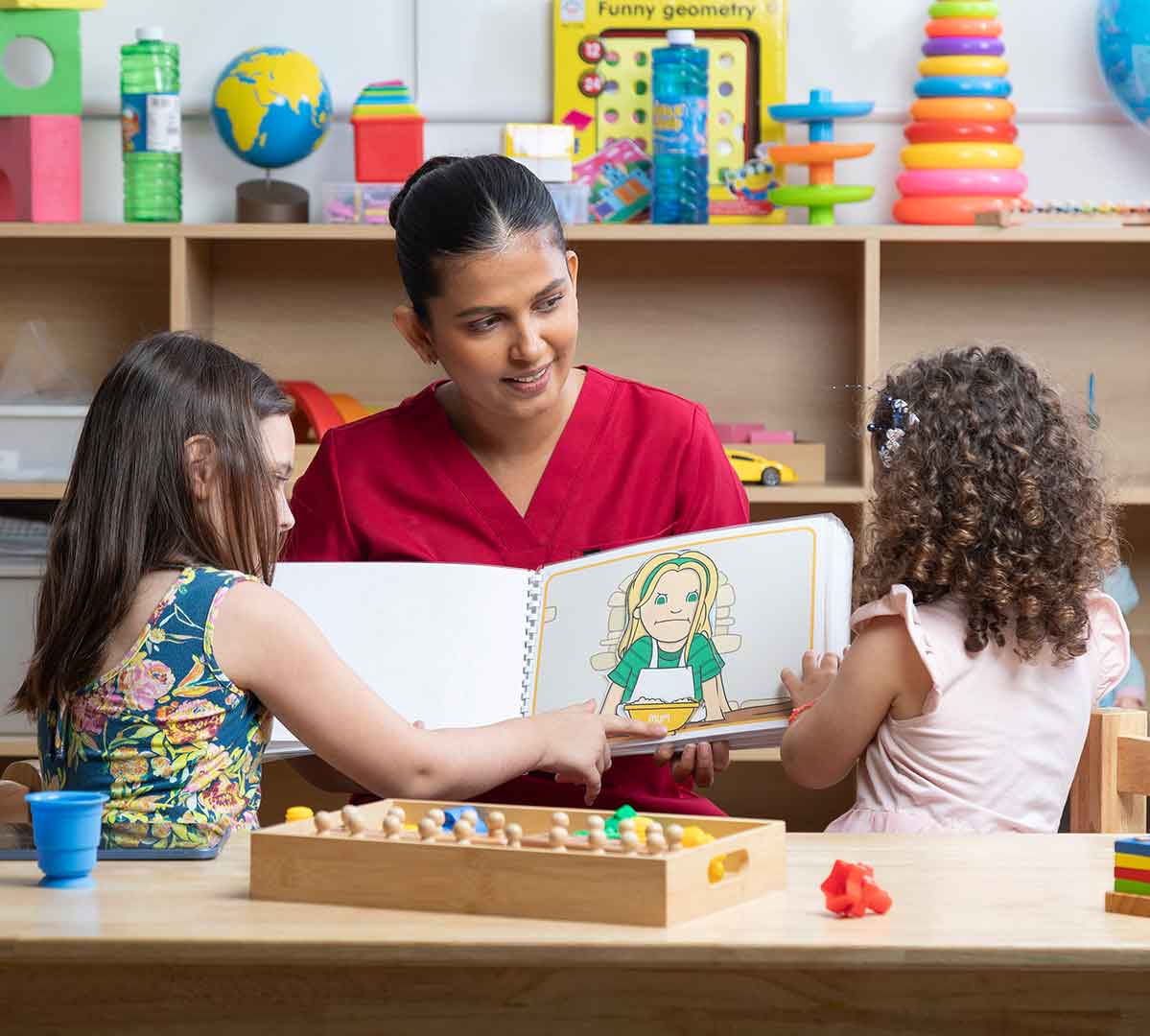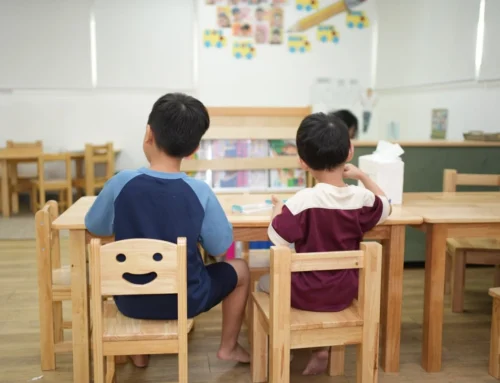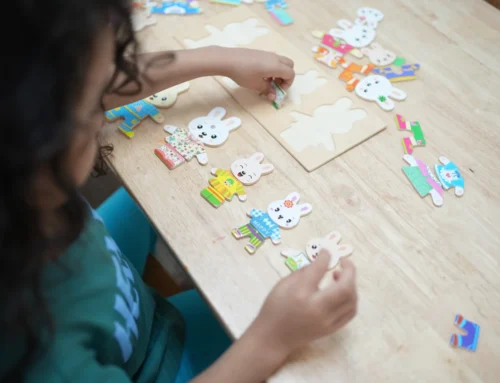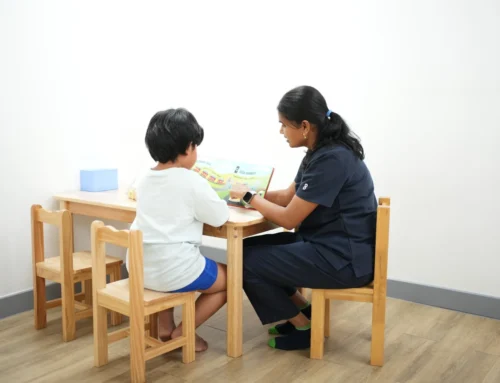Social stories are short, personalized narratives that teach everyday situations step by step—and the role of social stories in supporting communication and behavior is powerful for many neurodivergent children. By pairing clear language with simple visuals, social stories reduce anxiety, set expectations, and coach the exact words or actions a child can use next. For families in Phnom Penh seeking practical strategies they can try today, social stories are a quick, evidence-informed tool that fits into home, school, and therapy routines.
How Social Stories Improve Communication
The role of social stories in supporting communication and behavior starts with clarity. A good story shows who, what, when, where, and why—then models what the child can say. For example, a “Playground Turn-Taking” story might include scripts like: “Can I have a turn after you?” and “Thanks for waiting.” This reduces the mental load in real time and boosts expressive and receptive language. For more ideas, see these helpful reads: Communication & Language, Autism Communication Strategies, and Social Communication Interventions.
Building Better Behavior—Step by Step
Because social stories preview what’s expected, they make behavior more predictable. Children learn what success looks like before the moment happens, which prevents confusion and reduces meltdowns. Pair each story with a visual schedule, a calm voice, and one practiced script. When a child knows the plan, regulation improves—especially alongside classroom supports like Contingency Behavior Maps and explicit teaching of Social Skills for Autistic Children.
Writing an Effective Social Story (Fast Template)
-
Choose a single situation: greeting a teacher, joining play, or asking for help.
-
Write 5–8 simple sentences: state the situation, people involved, and what usually happens.
-
Model the language: add one or two short scripts the child can say.
-
Show the sequence: use 3–4 pictures or icons.
-
Practice briefly and often: read before the event; celebrate small wins after.
How OrbRom Center Can Help
Therapists at OrbRom collaborate with families and teachers to personalize stories, match vocabulary to the child’s level, and embed practice into daily routines. If communication is a key goal, our Speech Therapy team can design targeted scripts and visuals that generalize from clinic to classroom to home. For children who need more intensive, team-based support, explore our Special Needs Intensive Intervention. When you’re unsure where to start or want to track progress, our multidisciplinary Assessments clarify strengths, needs, and next steps.
Getting Started This Week
Pick one routine that often goes off track—morning goodbyes, sharing toys, or waiting in line. Draft a 6-sentence story with one helpful script. Read it together before the event, then praise any attempt to use the plan. Repeat daily for a week. Small, consistent practice is what turns a story into a real-life skill—and that’s the role of social stories in supporting communication and behavior: predictable steps, calmer moments, and more confident voices.
Helpful extras to explore next:
Communication & Language • Autism Communication Strategies • Social Communication Interventions • Contingency Behavior Maps • Social Skills for Autistic Children
We are the only Preschool specialized on children with special needs in PhnomPenh.
- Internationally qualified teachers
- Cambodia’s largest sensory room
- Outdoor swimming pool
- Covered outdoor playground
📞 Phone: 077.455.993
Telegram Link: https://t.me/OrbRom





